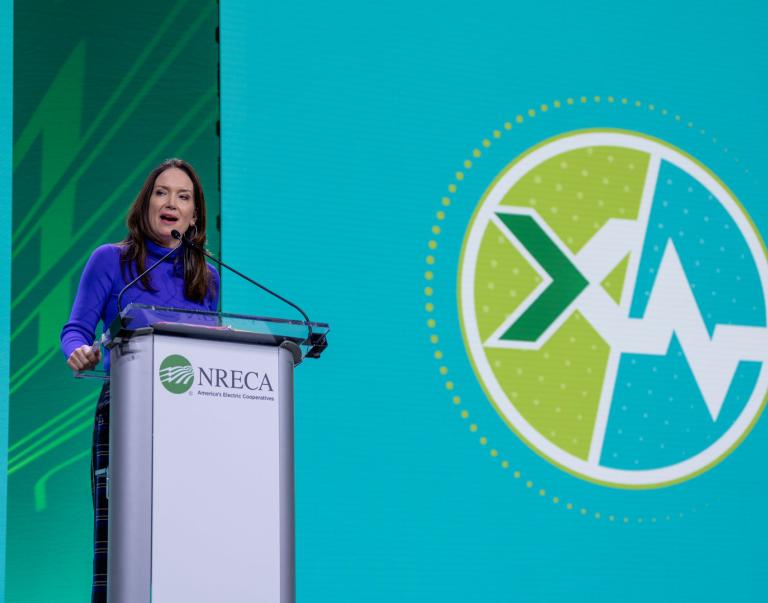
Extreme climate events can be devastating. However, some of their effects can be transformed into opportunities.
In the wake of a hurricane, a trail of trees downed by forceful winds is often left behind, impacting properties, powerlines and transportation corridors. However, with proper management, wood from these trees can become a valuable resource. Logs can be developed into high-quality wood products such as furniture, musical instruments and artisanal products.
Puerto Rico is a forested island with over 500 native tree species. In 2017, Hurricane Maria left millions of downed trees in Puerto Rico, provoking a swift effort to burn or dispose of the debris in landfills. Much of this debris included logs of high-value tropical hardwood species. Efforts to utilize the downed trees were partially successful. Unfortunately, lack of processing capacity and a ready local market for salvage logs stalled the process. In the end, most of the hurricane-downed logs were chipped.
However, logs that were successfully recovered are inspiring renewed interest in a local wood products industry. The USDA Caribbean Climate Hub held two Wood Product Development Workshops thanks to support from USDA Forest Service State and Private Forestry and Research and Development. The workshops provided knowledge and technical skills on wood product development that will improve the island’s capacity to develop high-value wood products from local resources.
Workshop participants included people interested in working with wood as well as leaders responsible for economic, cultural, and natural resource development. They learned about the theory and practice needed to take a rough slab of wood and turn it into a high-quality product. Much of the wood used for the hands-on training was salvaged after Hurricane Maria. The workshop is part of a series of capacity-building workshops called ADAPTA, which aims to create climate change resilience and reduce the effects of extreme events, while increasing the productivity and sustainability of agricultural and forestry lands.
Managing hurricane-downed timber in Puerto Rico is analogous to managing trees damaged by wind, fire, and insects in other regions. Salvage logs are often not suitable for high volume use in the dimensional lumber industry, and yet they have potential value to a wide range of smaller-scale industries developing wood products and markets.
These workshops are one step in building capacity and markets for local wood and wood products. Follow up includes developing factsheets and short videos that share key messages, and continued engagement with participants to foster a network of stakeholders. Our hope is that decision makers support programs and opportunities in the wood industry, and wood workers serve as ambassadors for an emerging culture that recognizes and values trees and locally produced forest products.


